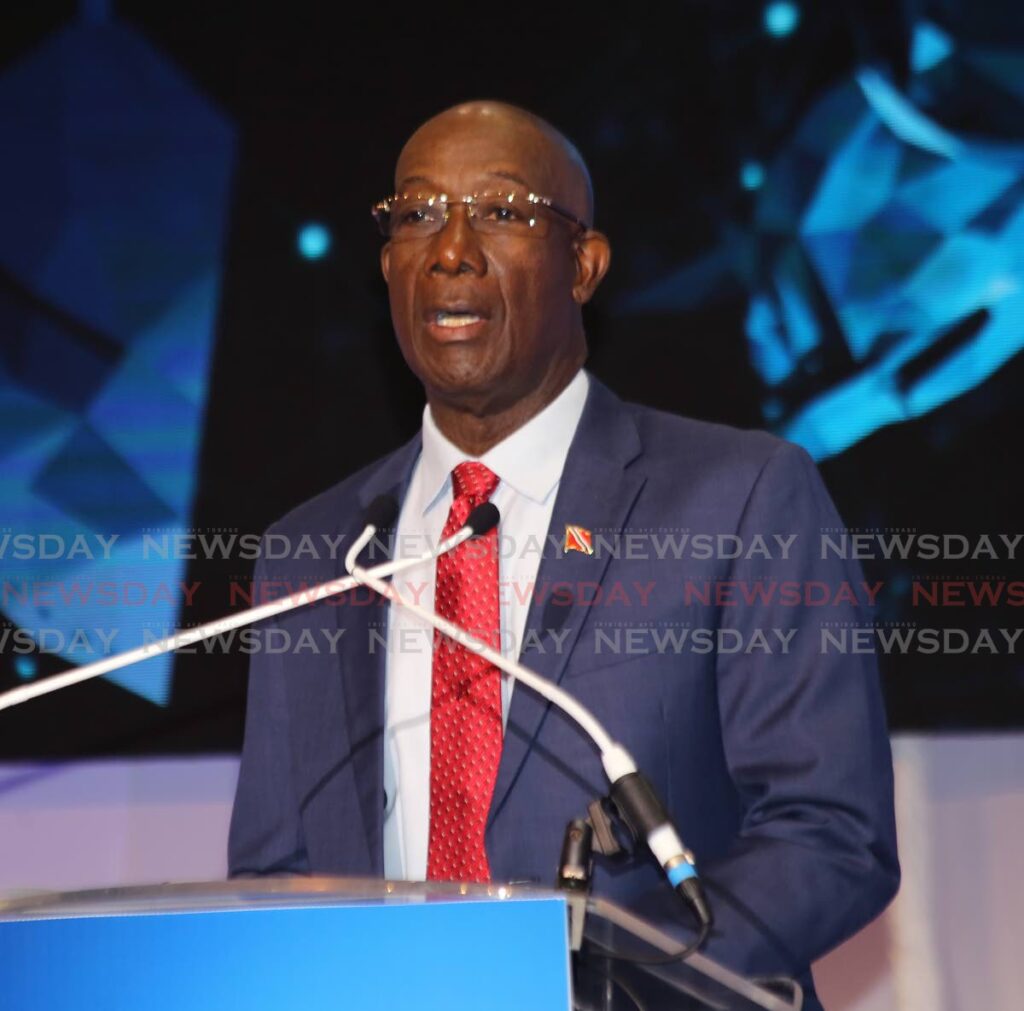What motivated thosefireworks proposals?

THE EDITOR: This is an open letter to Prime Minister Rowley.
It has been a tumultuous period of activity since the Attorney General opened to the public a forum for consultation on legislation to regulate fireworks. But why more consultation? A joint select committee of Parliament and the Environmental Management Authority (EMA) have already conducted consultations with substantial stakeholder participation and submitted realistic and appropriate recommendations.
The Attorney General’s initial correspondence dated January 5 stated that his ministry had conducted extensive research and prepared a proposal containing specific recommendations which have been settled in the draft bill. What brings the ministry through the Law Reform Commission to come to these recommendations is curious. There have been no studies from the public or private sector that would support the recommendations submitted in the draft bill. What then motivated the recommendations that are proposed?
The initial draft has been met with strong opposition, which led to the release of a communication from the Office of the Attorney General on January 7. This release has been received curiously as it confirms that the Law Reform Commission considered the output of the 5th Report of the Joint Select Committee on Social Services and Public Administration (on the adverse health effects of fireworks) and the report of the EMA.
However, there are absolutely no recommendations from either of these bodies that could justify a free-for-all fireworks onslaught on a public holiday or December 31, even if for specific time periods. This recommendation as proposed in the draft bill has removed what little protection citizens currently have under the existing Summary Offences Act. What then motivated these recommendations?
The release takes pain to mention, in relation to the EMA report: “The general view of the public is that fireworks should not be banned outright.” Though this may be so it is not a fair representation of what is in the report and is misleading and may be designed to influence an outcome. It does not mention that 96 per cent of respondents thought that increased measures to manage the disbursement of fireworks was required, or that 79 per cent of respondents were negatively affected by fireworks. Why?
The recommendations in the draft further encourages 95 per cent of the problem identified in the EMA report – respondents using fireworks on Old Year’s Night or Divali, often in residential or other areas, impacting the vulnerable and goes against any recommendation coming from any private or public sector body. What then is the rational for the recommendations proposed in the draft bill?
The release of January 7 also expresses concern for the losses the suppliers of fireworks may suffer and the recommendations included in the draft bill seem more concerned about protecting the profits of the suppliers and other beneficiaries than the peace and wellbeing of the citizens. Though we should all be concerned with job loss, we must weigh the impact of losing a few seasonal, part-time jobs to that of the safety and security of our nation.
Numerous commentaries have been published in the daily media including Ministers Stuart Young, Marvin Gonzales and Clarence Rambharat declaring positions in favour of prohibiting fireworks from public use. The Fireworks Action Coalition of TT (FACTT) also reports that 96 per cent of submissions received in response to the first phase of the public consultation calls for fireworks to be prohibited from use by the general public. Public consensus is overwhelming.
We certainly hope that there will be a fair and neutral arbitration throughout the consultation process.
ROGER MARSHALL
founder, Animals
360 Foundation
on behalf of FACTT


Comments
"What motivated thosefireworks proposals?"